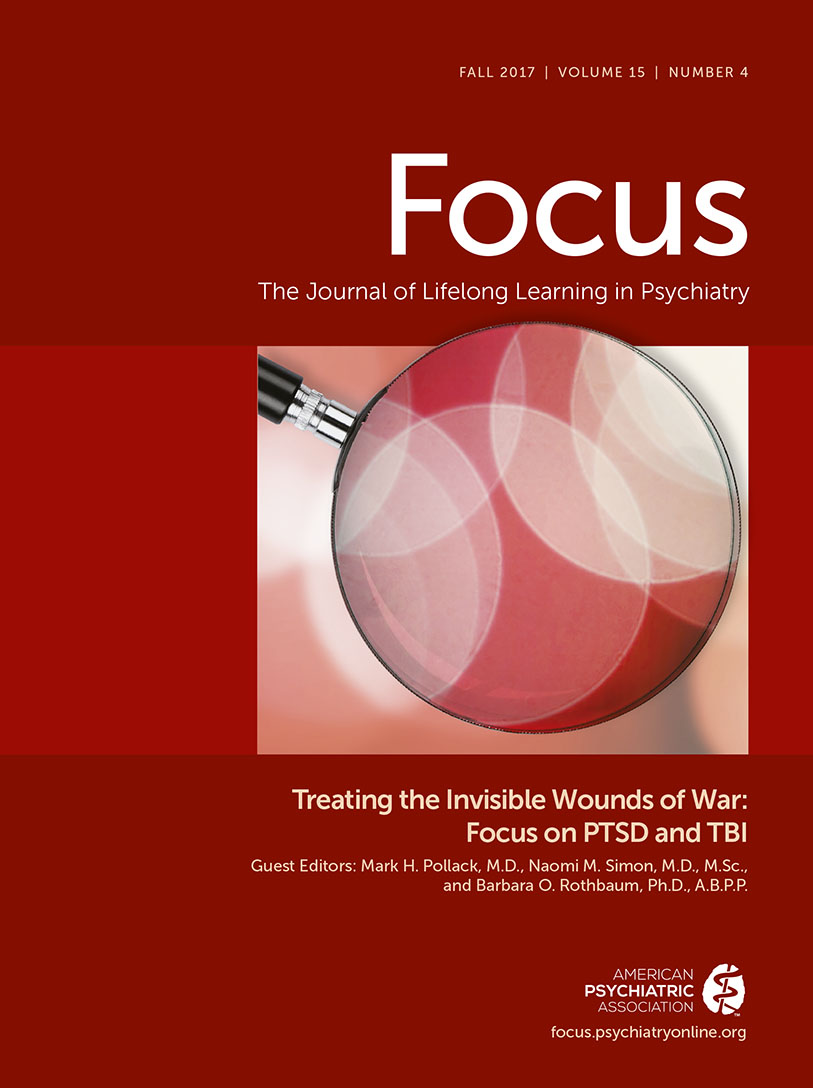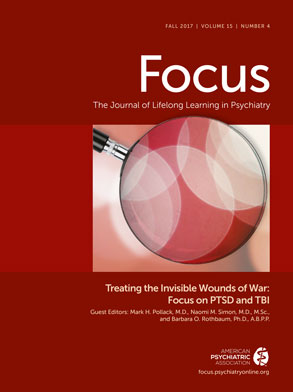Given the well-characterized limitations of standard antidepressant therapies (
1) and the inconveniences of somatic therapies, such as electroconvulsive therapy and transcranial magnetic stimulation (
2), psychiatry remains on the lookout for novel approaches to treatment of major depressive disorder (MDD). Ideally, we would like treatments that are fast-acting, safe, and convenient to obtain. The successful development of these therapies will require a better understanding of the mechanisms of depression and how to directly target them.
Recently, heat has emerged as a potential treatment for depression. Back in 1995, it was reported that high fevers could alleviate depressed states (
3). Because body temperature rises during a febrile state, could heat be a potential treatment for depression? Recently, Janssen and colleagues studied a form of whole-body hyperthermia (WBT) as a potential antidepressant therapy (
4). In this randomized controlled study, a small sample of patients with MDD who were not receiving medication treatment were randomly assigned to a single session of WBT or to a sham intervention. Patients who received WBT responded quickly, and the benefit was maintained for at least six weeks. These exciting results, if replicated, could have major implications for the treatment of depression.
Other recent novel work has focused on a form of yoga practiced in a heated room for the treatment of depression. Parkin and colleagues have completed a pilot open-label study of heated yoga in a small sample of people with depression, with encouraging preliminary results (
5). Currently, these investigators are carrying out the first randomized controlled study of heated yoga for MDD (NCT02607514). Although there is some evidence that yoga may have antidepressant benefits, this is the first time that a heated form of yoga has been rigorously studied specifically for MDD. If heated yoga is effective, it will be important to characterize the role of heat as part of this yoga’s antidepressant component. Are the yoga postures the key to efficacy, or is the heat component equally important? Is there a synergy between the yoga postures and heat?
If heat has an antidepressant effect, how might it work? It has been suggested that heat can might alleviate depression by stimulating immune activity, much like a febrile response (
3). Given the known relationship between depression and inflammation, this seems like a reasonable model. Parkin and colleagues’ yoga study will examine various inflammatory biomarkers as moderators and mediators of treatment response, and it is hoped that these will clarify how and why heated yoga may work for depression. Investigations of this sort with WBT are also in progress (Raison CL, personal communication). Others have suggested that heat therapy may alleviate depression by sensitizing thermoregulatory-cooling physiological pathways that may affect brain regions implicated in mood regulation (
6). Clearly, many exciting questions remain to be answered.
With growing rates of MDD (
7), the continued development of rapid-acting therapies is essential, and in time, heat-based therapies may become a vital part of psychiatry’s armamentarium.

